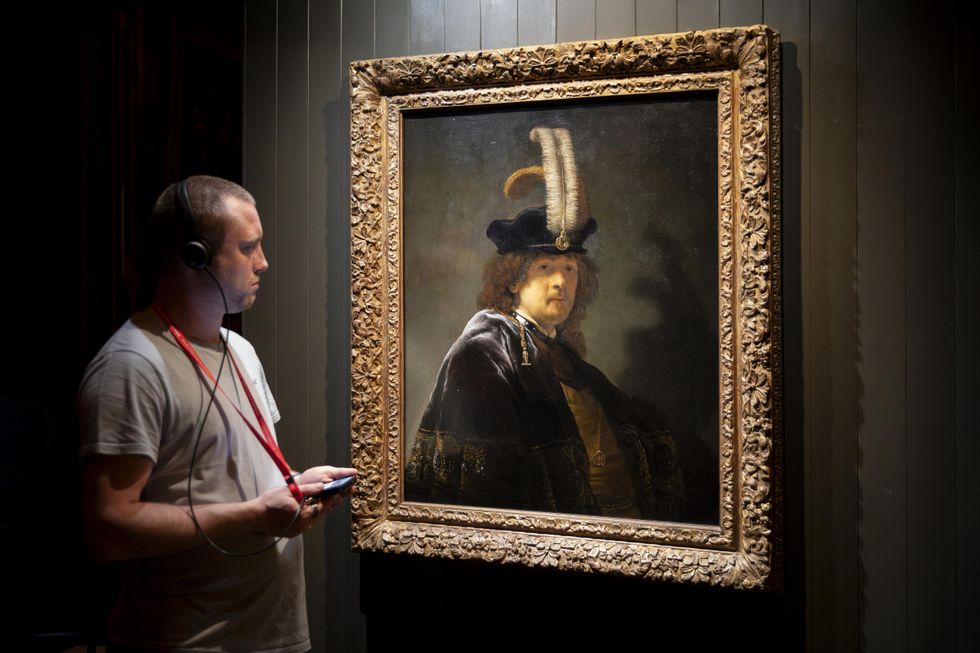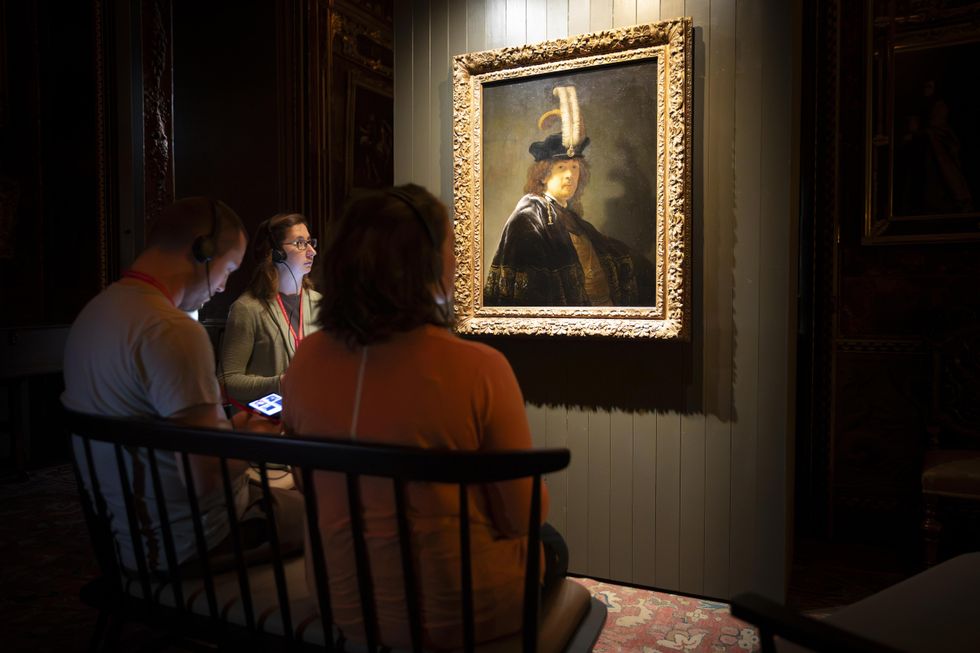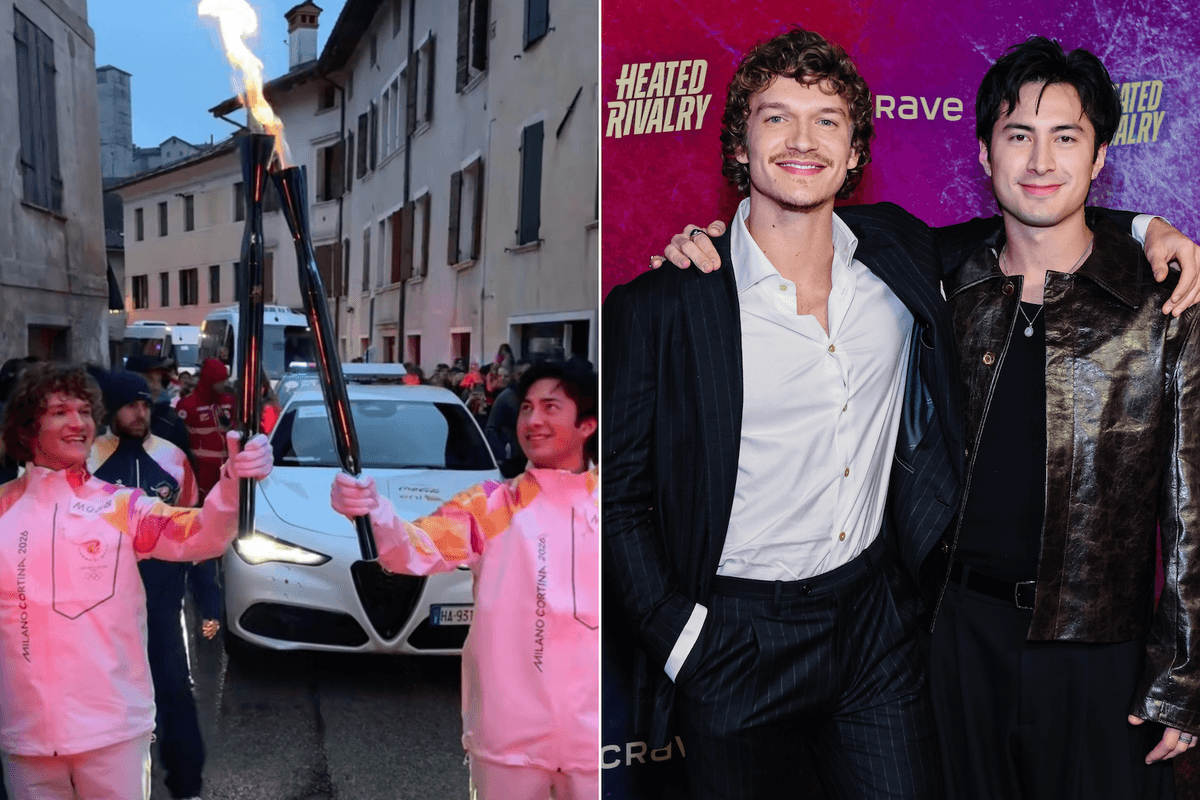Rod Minchin
Sep 11, 2025

A self-portrait by Rembrandt van Rijn is touring National Trust houses for over a year to inspire visitors to slow down and reconnect with art and themselves.As part of the initiative it is expected that visitors will discover the mental health benefits of “slow looking” at art.The self-portrait is on show at Kingston Lacy in Dorset and will visit Warwickshire and Cheshire on its tour before returning to its home, Buckland Abbey in Devon.
From the grandeur of a Dorset mansion to the serene atmosphere of a Cheshire estate, a Rembrandt masterpiece is about to embark on an art tour with an unusual mission.
The National Trust is inviting visitors to slow down and discover the mental health benefits of engaging with the celebrated painting, Self-portrait wearing a Feathered Bonnet.
The tour begins at Kingston Lacy in Dorset this September and the painting will travel to Cheshire and Warwickshire before returning to its home, Buckland Abbey in Devon.

Several recent studies have shown that exploring art and heritage has the potential to improve people’s mental health.
The benefits can include helping to escape the mental trappings of day-to-day living, reduce stress, foster emotional resilience, and even spark feelings of inspiration and enlightenment.
While the mental health benefits of being in nature are widely known, the National Trust is encouraging people to discover how art and heritage can offer similar restorative effects.
The average museum or gallery visitor spends just eight seconds looking at each artwork.
The Trust is challenging that norm by offering seating and audio guides with meditative prompts that encourage viewers to linger with Rembrandt’s masterpiece.
The painting will be shown with room to allow people to focus on the work on its own, allowing space for uninterrupted contemplation.
“Slow looking is about more than just taking your time,” said Amy Orrock, National Trust curator.
“It’s a way of being present, of noticing the details and the emotions they generate that might otherwise pass us by. You’re not just seeing – you’re feeling, thinking, connecting.
“This self-portrait is the perfect companion for a slow looking experience. It invites you to look closer, to wonder what Rembrandt was contemplating, and maybe to reflect on your own state of mind.
“One of the major goals of the National Trust’s strategy is to grow people’s access to cultural heritage and this is one way we are exploring that.
“It is a chance for us to understand what visitors enjoy in paintings like this and what information helps them to understand the artwork best.
“And whether a slow looking approach provides a welcome and mindful pause from the constant rush of life.”

The painting itself has a remarkable story.
Once thought to be the work of a follower, it was re-attributed to Rembrandt himself after extensive conservation and scientific analysis in 2013.
It is now recognised as one of the great treasures of the National Trust’s collection.
John Chu, senior national curator for pictures and sculptures, said: “Rembrandt created around 80 self-portraits throughout his career, each giving a different insight into his character.
“In this picture he is really swaggering, hand on hip, wearing a fancy costume and large hat.
“But there is also something tentative about the way he looks back at us, and the way the shadow falls across his face feels mysterious.”
Top 100
The Conversation (0)













